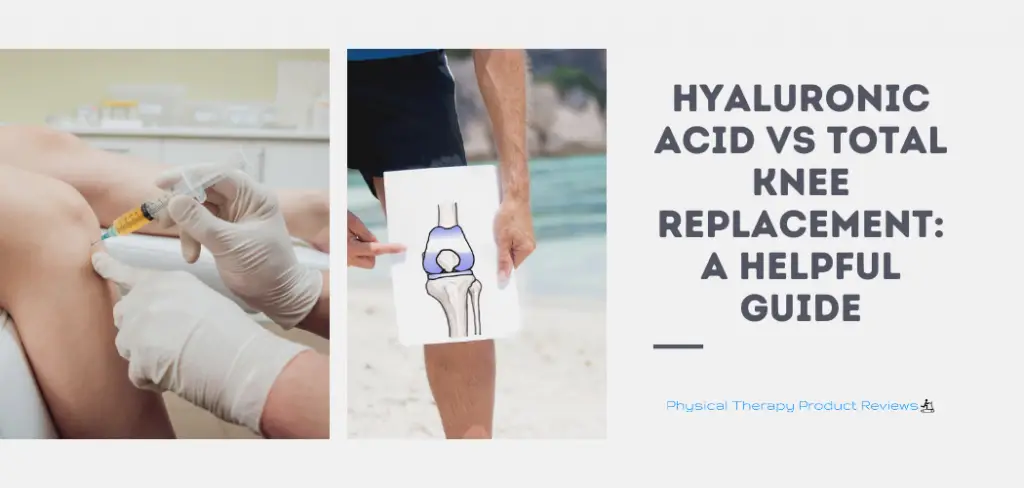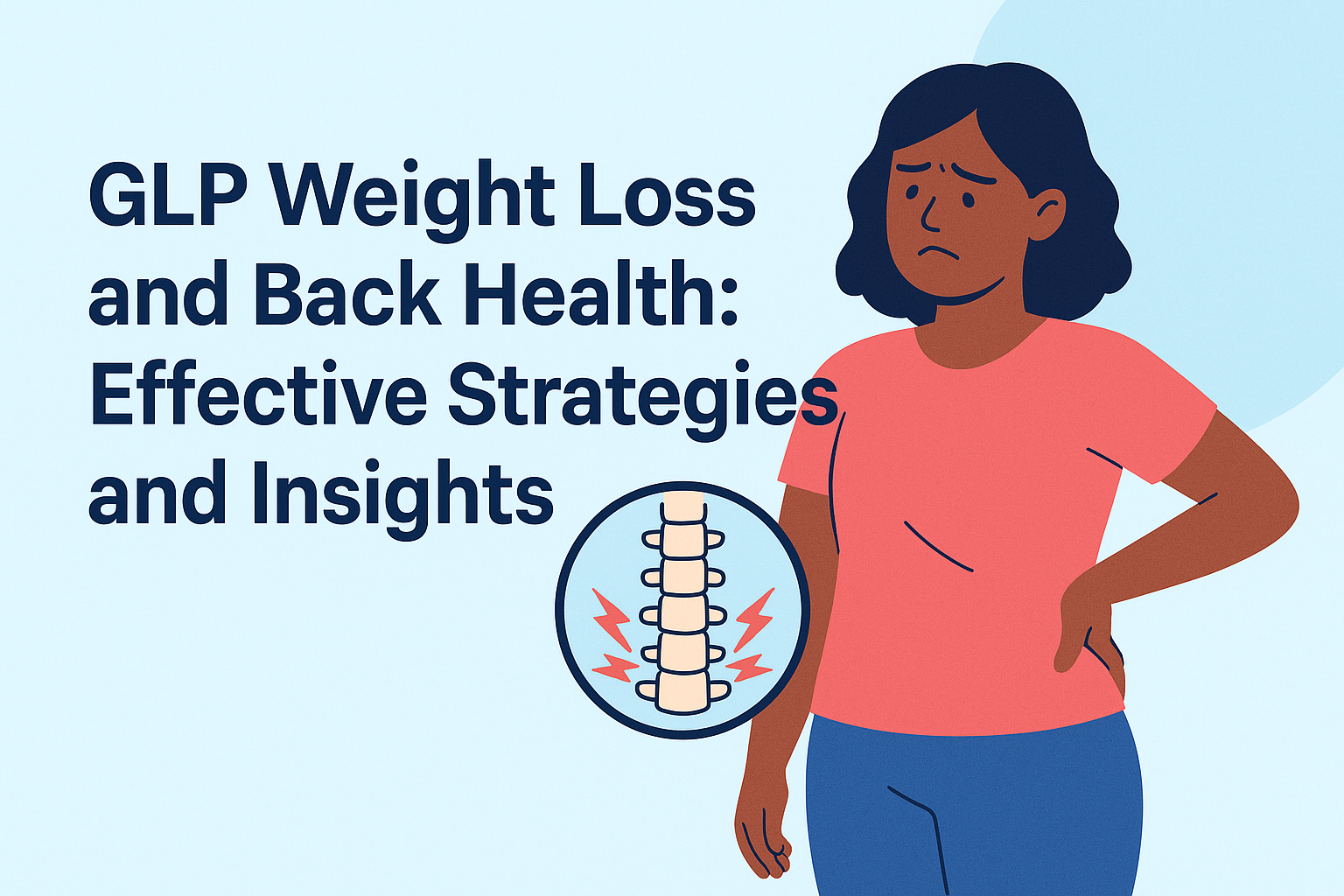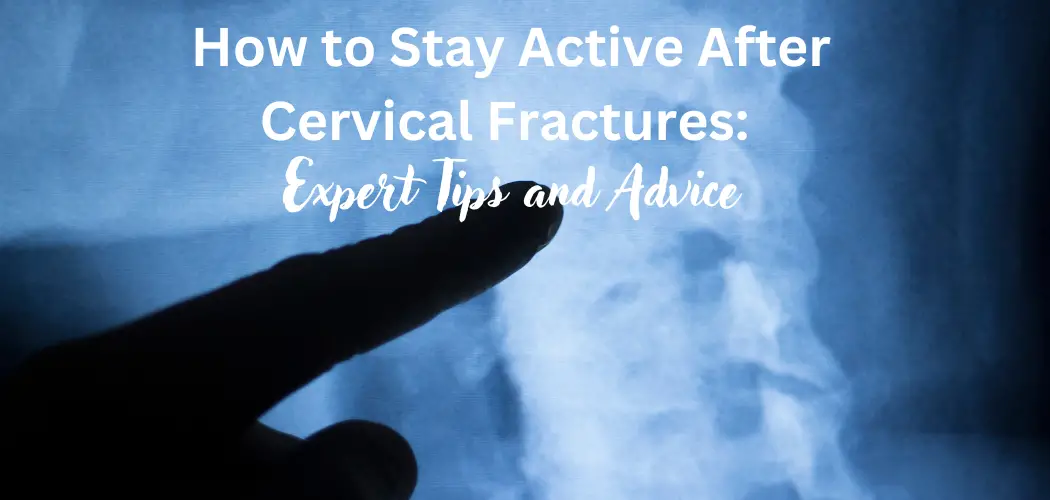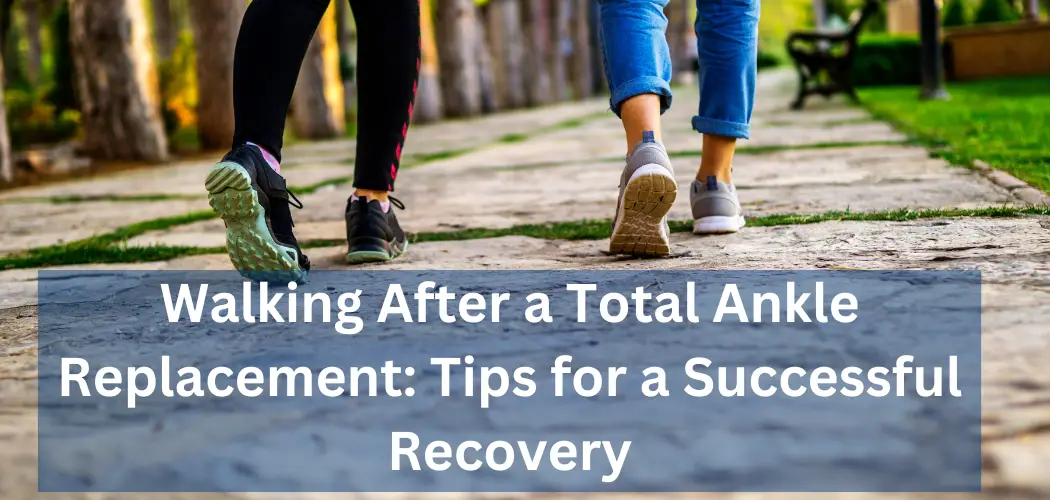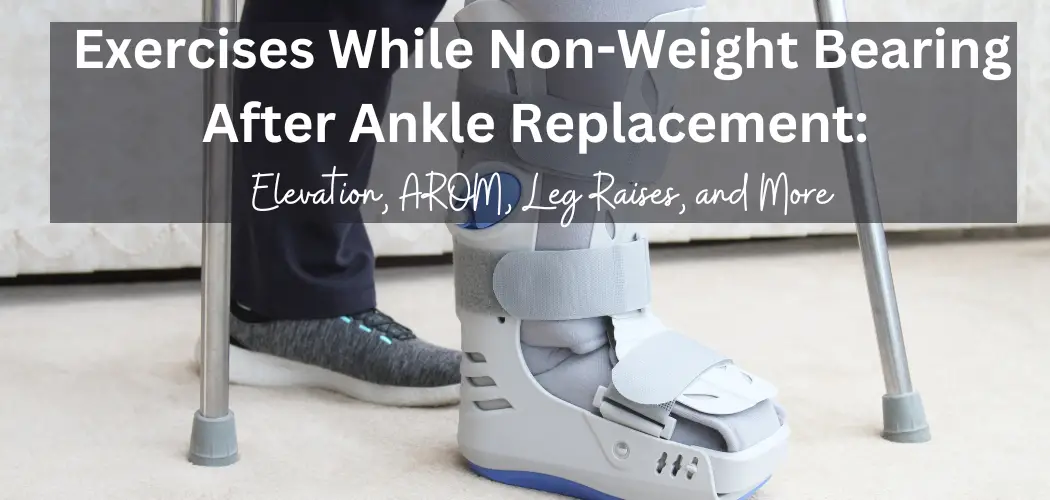If your knees are making more noise than the creaky old stairs you are trying to ascend, it may be time to talk to your doctor about hyaluronic acid injections or a total knee replacement.

These two solutions are vastly different, and one is much less extreme than the other. You may be wondering what hyaluronic acid injections are and if they are a safe and effective alternative to surgery.
Hyaluronic acid is a substance that the body naturally produces. So how does it work when injected? Hyaluronic acid works by acting as a cushion and a lubricant for your joints and other tissues and can potentially relieve pain for up to six months in some patients.
If you are suffering from knee joint pain and wish to learn more about hyaluronic acid injections versus a total knee replacement continue reading for more information.
More on Hyaluronic Acid Injections
The hyaluronic acid injections are given by your doctor or a registered nurse and are typically produced in a laboratory or harvested from rooster combs.

Hyaluronic acid injections are typically given when all other non-surgical options have been exhausted.
It is important to discuss any allergies you have with your doctor and which medications you take before having these injections.
As with most things about the body, it is best if you do not drink alcohol, smoke, or partake in recreational drugs while receiving hyaluronic acid injections.
Some foods can also play a part in the efficacy of the injections. This is another important reason to stay in close communication with your doctor so you can be as healthy as possible and allow the injections to do their job.
How Often are Hyaluronic Acid Injections Given?
Most individuals receive a series of injections around one week apart for up to 4 – 6 weeks. In some cases, people will begin to feel some relief from the first injection. But, it usually takes a series of injections before the full effects are felt.
How Long do Hyaluronic Acid Injections Relieve Pain?
 The amount of relief and length of time that the injections give will vary from person to person. Typically, the injections will relieve pain anywhere from 6 weeks to 6 months.
The amount of relief and length of time that the injections give will vary from person to person. Typically, the injections will relieve pain anywhere from 6 weeks to 6 months.
A great deal of this depends upon how much cushion is left in your knee when you begin injections. The longer you wait to get treatment for your bad knees, the less effective the injections will be.
For some people, the injections may not provide pain relief at all. For others, it can be a lifesaver and get them back to their normal activities quickly. There is no guarantee that they will work for everybody.
Hyaluronic Acid Injections - Are They Worth it?
Whether or not hyaluronic acid injections work and are worth the time and effort depends on the individual receiving the injections. The following things play a part in the effectiveness of the injections:
- Activity level
- Age
- How damaged your knee joint is
- Overall health and body condition
 The truth is that once you have reached the point that you require injections to alleviate your pain, you will most likely have to face the inevitable truth that you are going to have to have your knee replaced.
The truth is that once you have reached the point that you require injections to alleviate your pain, you will most likely have to face the inevitable truth that you are going to have to have your knee replaced.
How soon you need a total knee replacement, however, is another question. That depends totally upon you and your overall health and condition. Injections of any kind are ultimately a temporary solution for most individuals.
Hyaluronic Acid Injections - Timing is Everything
You may be wondering if or when you should get hyaluronic acid injections. That answer is up to you and your doctor. It is recommended that you try all other non-surgical options first. If they are not helping to kick the pain, then it is time to try injections.
Studies show that individuals who get the injections earlier on tend to have more relief from them than those who wait. Waiting to do injections can potentially cause more damage to your knee joint and cause you to have surgery sooner than you may like.
Are Hyaluronic Injections Painful - What You Need to Know
You may be concerned about the injection itself and how much it hurts to receive one. This is also a case-by-case situation. We all tolerate pain at different levels. In most cases, it is not overly painful and within two days you can resume your normal activities.
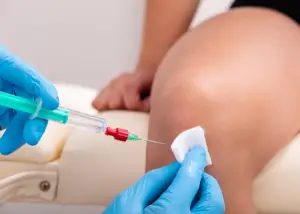
Most of the time when receiving a hyaluronic acid injection the doctor will numb the area. Thanks to modern technology, many doctors are now using an ultrasound machine to pinpoint the exact location that they need to inject for better accuracy and more effectiveness. This can also reduce pain because they are hitting the right spot the first time without the guesswork.
What to do After Having a Hyaluronic Acid Injection
Once you have received your first injection, it is important to take it easy for about two days. You don’t want to be overly active as it can affect the way the injection works.
It is normal to have some swelling or tenderness, however, if it persists or gets worse contact your doctor immediately to see what they want you to do.
Hyaluronic Acid Knee Injections
Possible Negative Side Effects of Hyaluronic Acid Injections
As with any medication, there can be side effects. Some may be more severe than others. Here’s what to look for:
- Persistent pain and/or swelling after the injection has been given
- Stiffness
- Pain in the joints
- Difficulty moving
- Swelling or redness in the joints
If you have skin or joint infections or fluid on your joints, those issues need to be treated before you will be able to receive hyaluronic acid injections. Not treating them beforehand can cause adverse results.
Insurance Woes - Are Hyaluronic Acid Injections Covered by Insurance?
This answer depends upon what type of insurance coverage you have. In many cases yes, they are covered.
Some insurance companies will only cover one injection every six months if considered medically necessary.
It is always a good idea to check with your insurance company first before getting any surprise bills in the mail later on.
FAQ About Hyaluronic Acid Injections
Are Hyaluronic Acid Injections Covered by Medicare?
As of right now they are covered by Medicare but do have a few requirements.
- First, there has to be substantial X-ray evidence of knee arthritis.
- Secondly, you often have to prove that you have tried other conservative treatment options such as Physical Therapy and weight loss.
- Finally, Medicare typically doesn’t approve HA injections any closer together than 6 months.
By the time that HA becomes approved, it’s a possibility that your knee arthritis will have progressed to the point of needing a total knee replacement.
What’s the Best Hyaluronic Acid for Knee Arthritis?
There are many different companies that produce Hyaluronic acid and as of now there isn’t one that seems to be more effective than the rest (I’m sure each company would say their own is the best.)
The key thing to check with your physician’s office is which companies HA they have on site and to confirm it’s covered by insurance.
Are Hyaluronic Acid Injections Safe?
Hyaluronic acid injections are considered safe with most people experiencing nothing more than temporary pain during the injection and mild soreness for a few days following.
However, there are still instances of negative reactions in patients including a pseudo-arthritis response with 3 days of the injection and the potential for an allergic reaction. These instances are rare.
Do Hyaluronic Acid Injections Work?
Hyaluronic acid injections are intended to work by 3 main mechanisms of lubricating the joint, helping with inflammation, and reducing hyperactive nerve signals in degenerative knees.
In arthritic knees, the cartilage is already at least partially worn down and decreasing the joint space. The HA injections put more vicious lubrication into the joint helping prevent the bone on bone friction, which helps to decrease inflammation, and then the nerves can calm down and not signal pain to the brain as frequently.
There is still debate as to how effective Hyaluronic Acid Injections actually are for knee OA.
How Much Do Hyaluronic Acid Injections Cost Without Insurance?
There is a lot of variability of the cost for an HA injection depending on your location in the country and which company’s injection is being used. The average cost for hyaluronic knee injections without insurance seems to average around $1,200.
Are Hyaluronic Knee Injections Painful?
They certainly can be painful but most people report only mild/moderate pain that lasts a few seconds while the injecting needle is in the knee joint.
The majority of people rate the pain as mild. There is also a reported temporary soreness that lasts for a few days due to the additional fluid of the injection in the knee.
What's Better a Total Knee Replacement or a Hyaluronic Acid Knee Injection
All-in-all if you had to decide between a total knee replacement or a hyaluronic acid knee injection then I would typically recommend proceeding with a total knee replacement for a couple of reasons.
- The knee arthritis has often progressed too far by the time insurance approves a Hyulornic Acid knee injection.
- The research isn’t very supportive of the effectiveness of Hyaluronic Acid injections, meaning they may not work at all.
- Delaying a total knee too long can have negative effects on recovery after surgery, especially if you lose too much strength and range of motion while you wait for the injection to work.
Early Injections Can Prolong the Inevitable
To sum things up, whether or not you should get hyaluronic acid injections or not, is a decision to be made by you and your doctor. The earlier you can get them, the more effective they will likely be. Practicing a healthy lifestyle by eating right and staying in shape will help you stay fit and put less strain on your joints as well.
Sources:
https://www.drugs.com/cons/hyaluronic-acid-injection.html,
Use of Intraarticular Hyaluronic Acid in the Management of Knee Osteoarthritis in Clinical Practice
Other Great Rehab Related Articles
GLP Weight Loss and Back Health: Effective Strategies and Insights
How to Stay Active After Cervical Fractures: Expert Tips and Advice
Dealing with Painful Stairs After Ankle Replacement Surgery
Walking After a Total Ankle Replacement: Tips for a Successful Recovery
Exercises While Non-Weight Bearing After Ankle Replacement: Elevation, AROM, Leg Raises, and More
Ankle Pain with Stairs: Causes and Home Treatment Options
Disclaimer: The information provided in this post is for educational purposes only. This is not a substitute for a medical appointment. Please refer to your physician before starting any exercise program.
